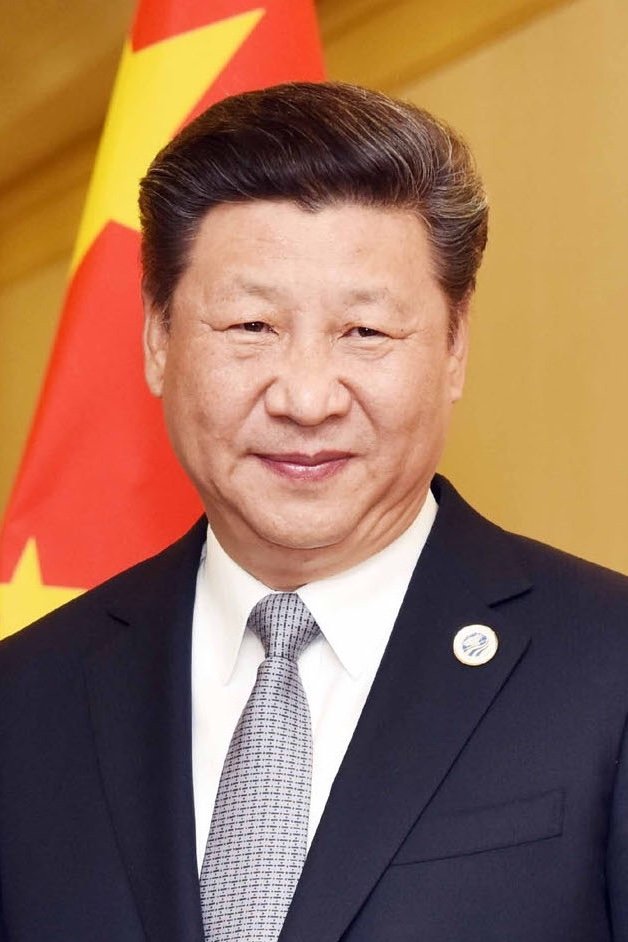

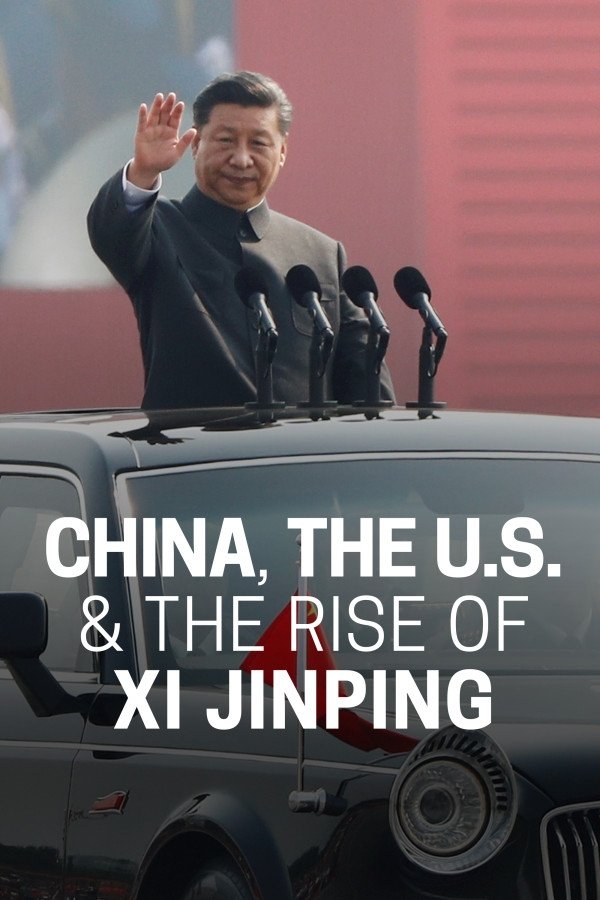
FRONTLINE examines the rise of Xi Jinping, his vision for...
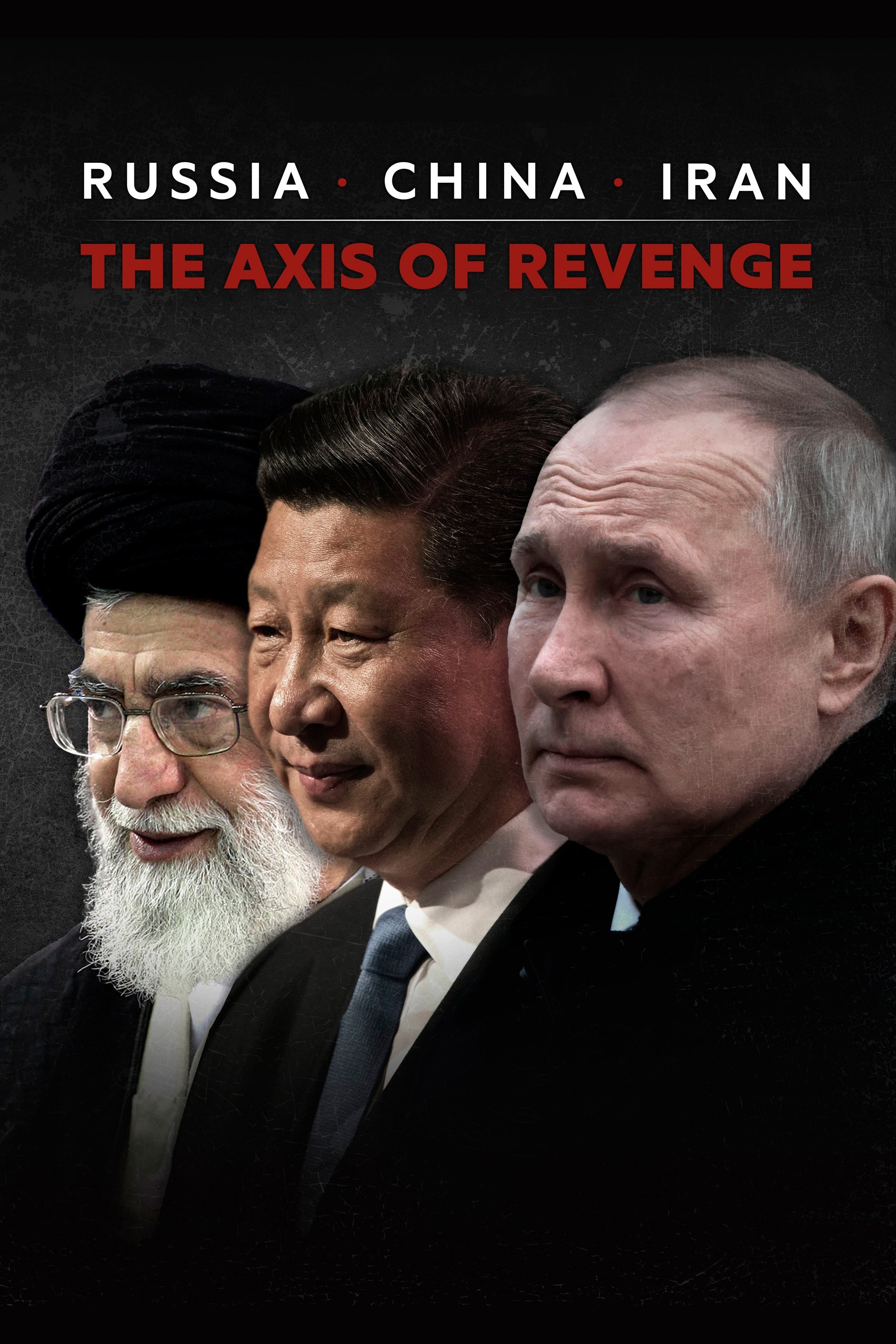
Russia, China and Iran: three former empires are determined to...
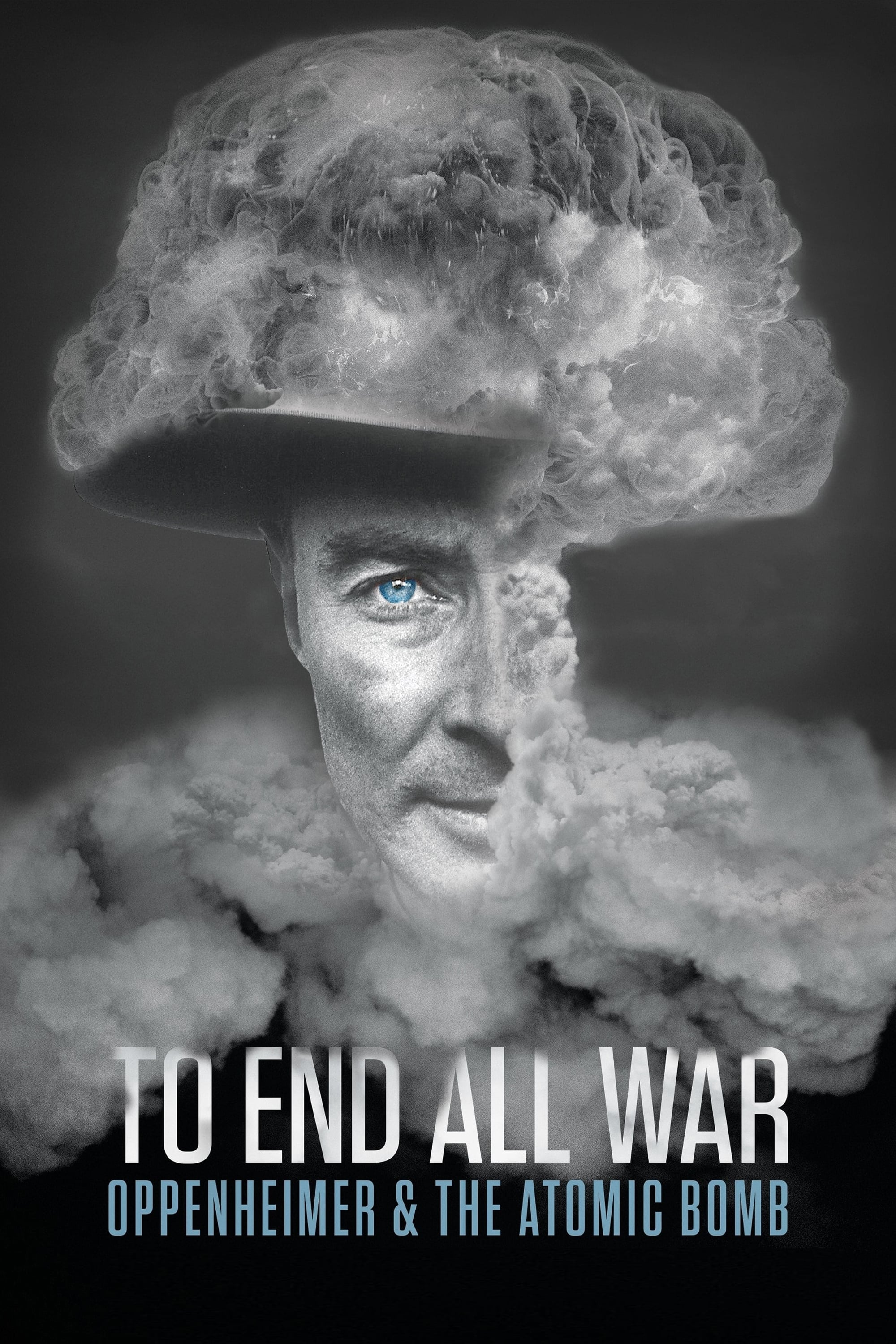
Explore how one man's relentless drive and invention of the...
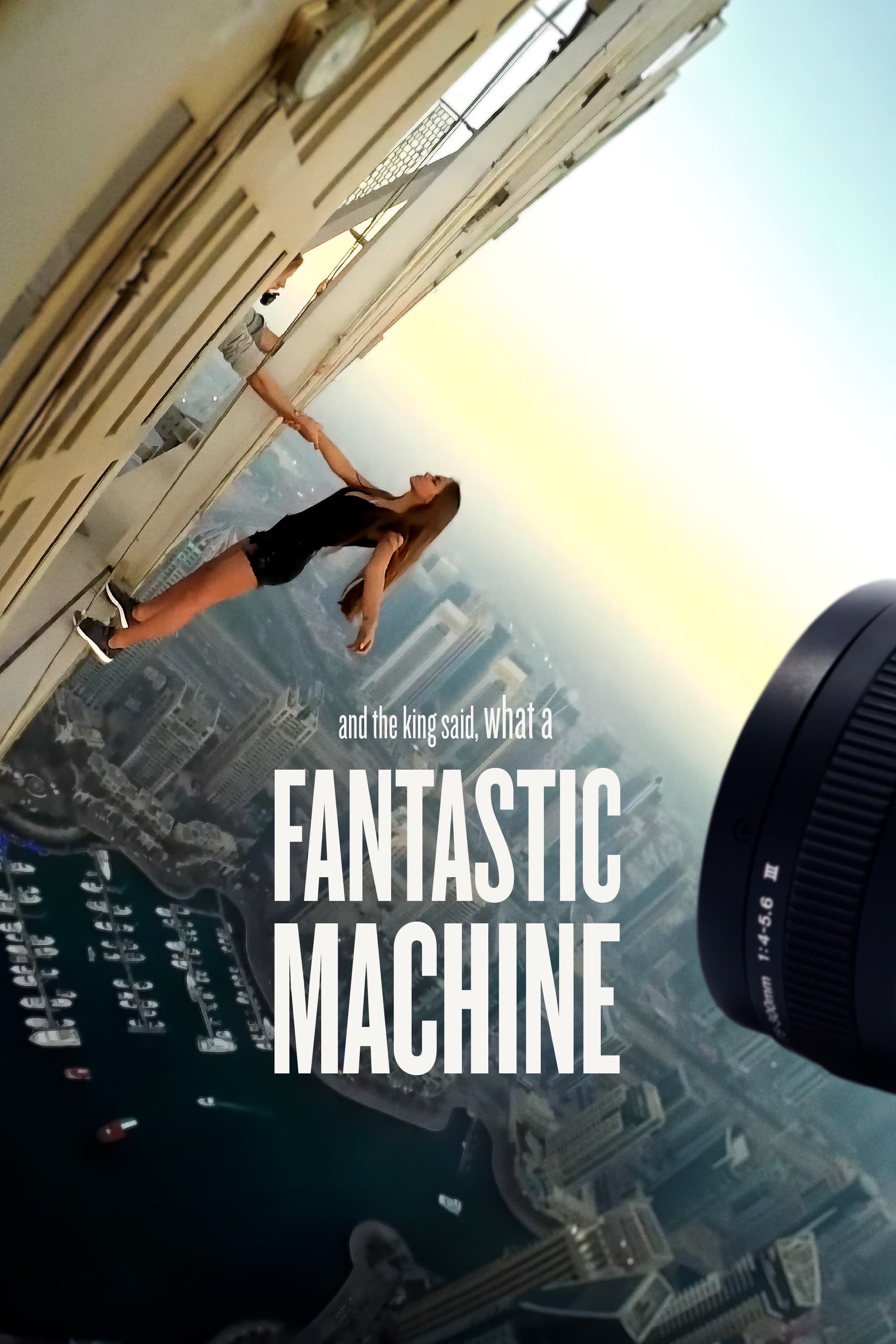
From the first camera to 45 billion cameras worldwide today,...
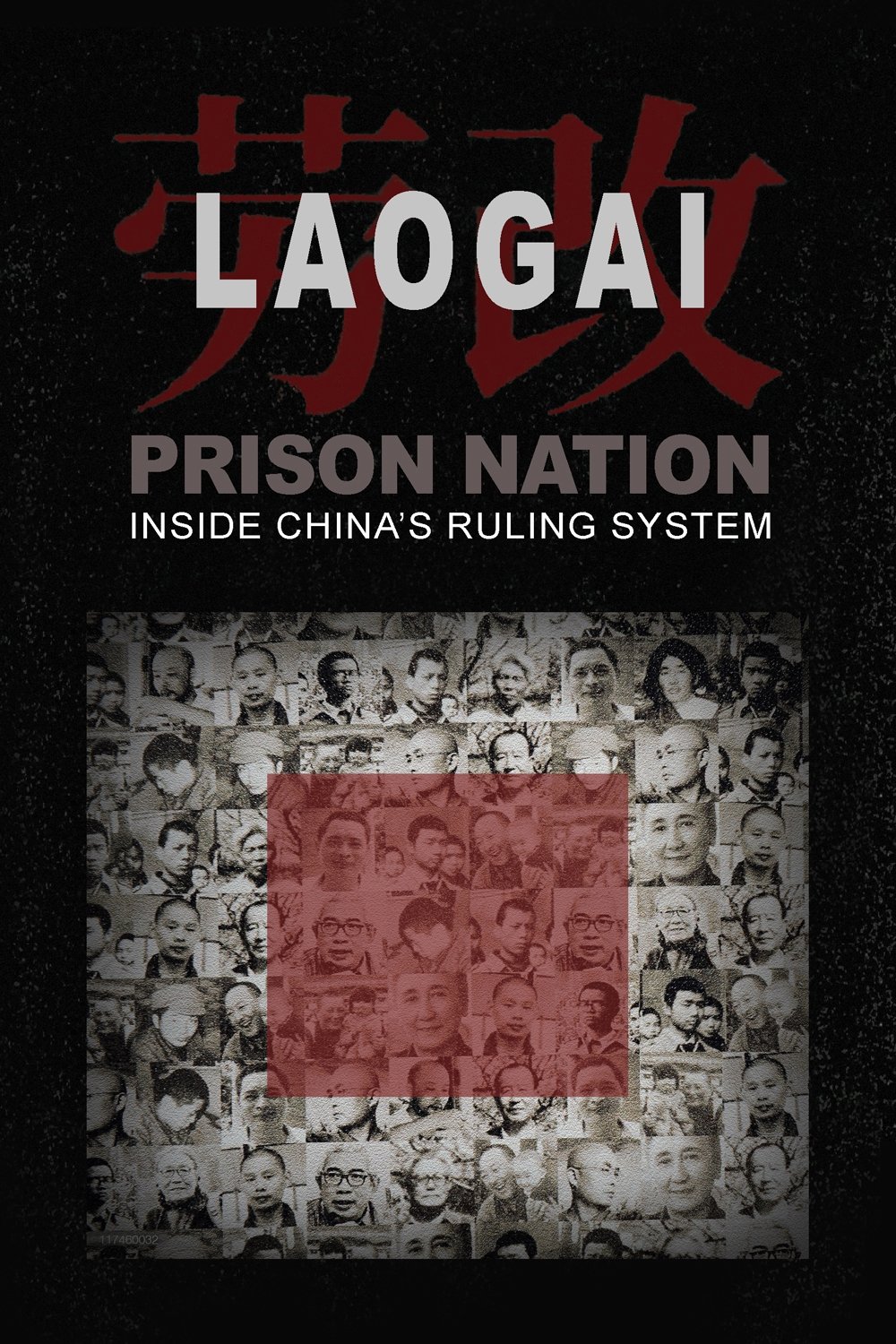
After the founding of the People's Republic of China in...
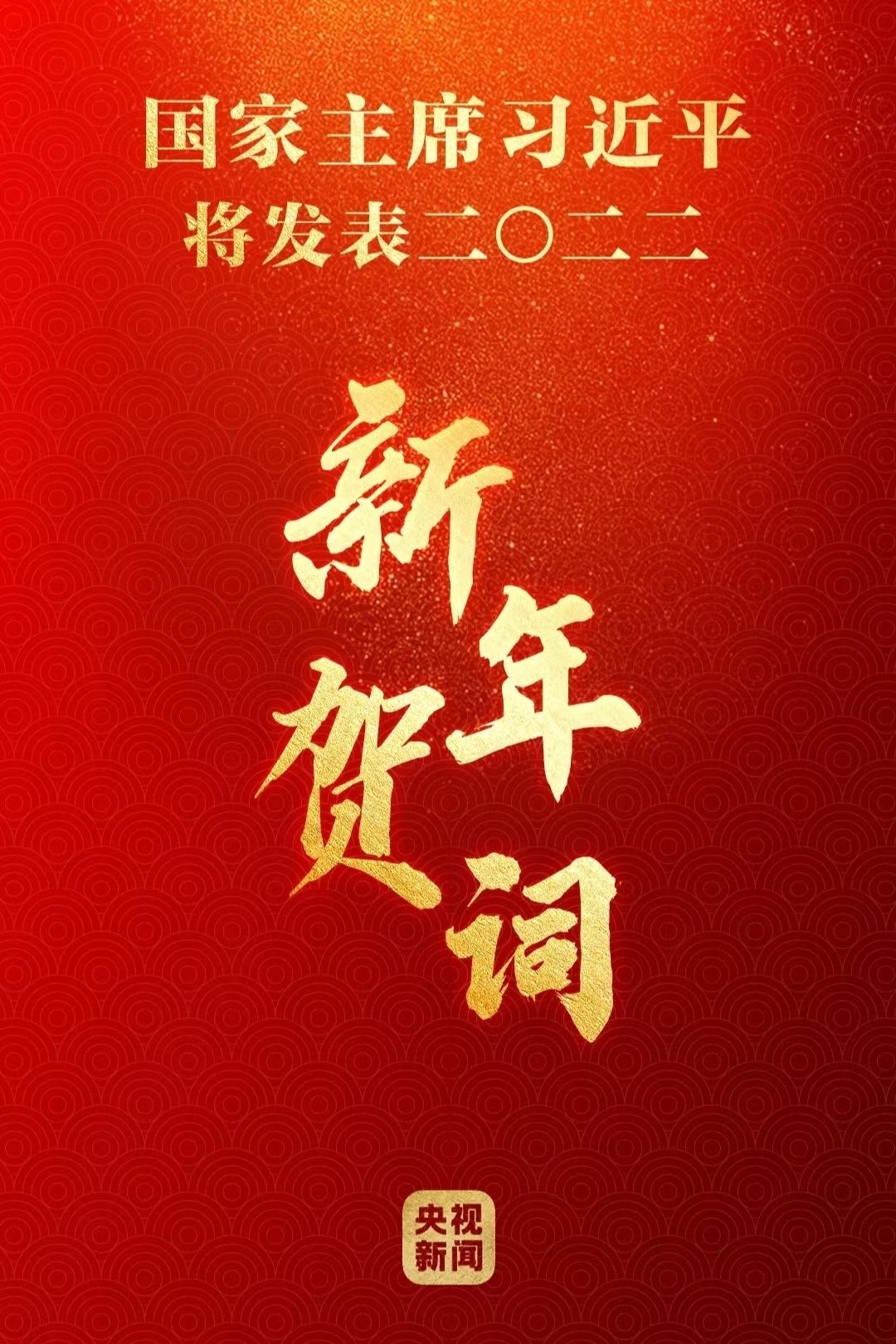
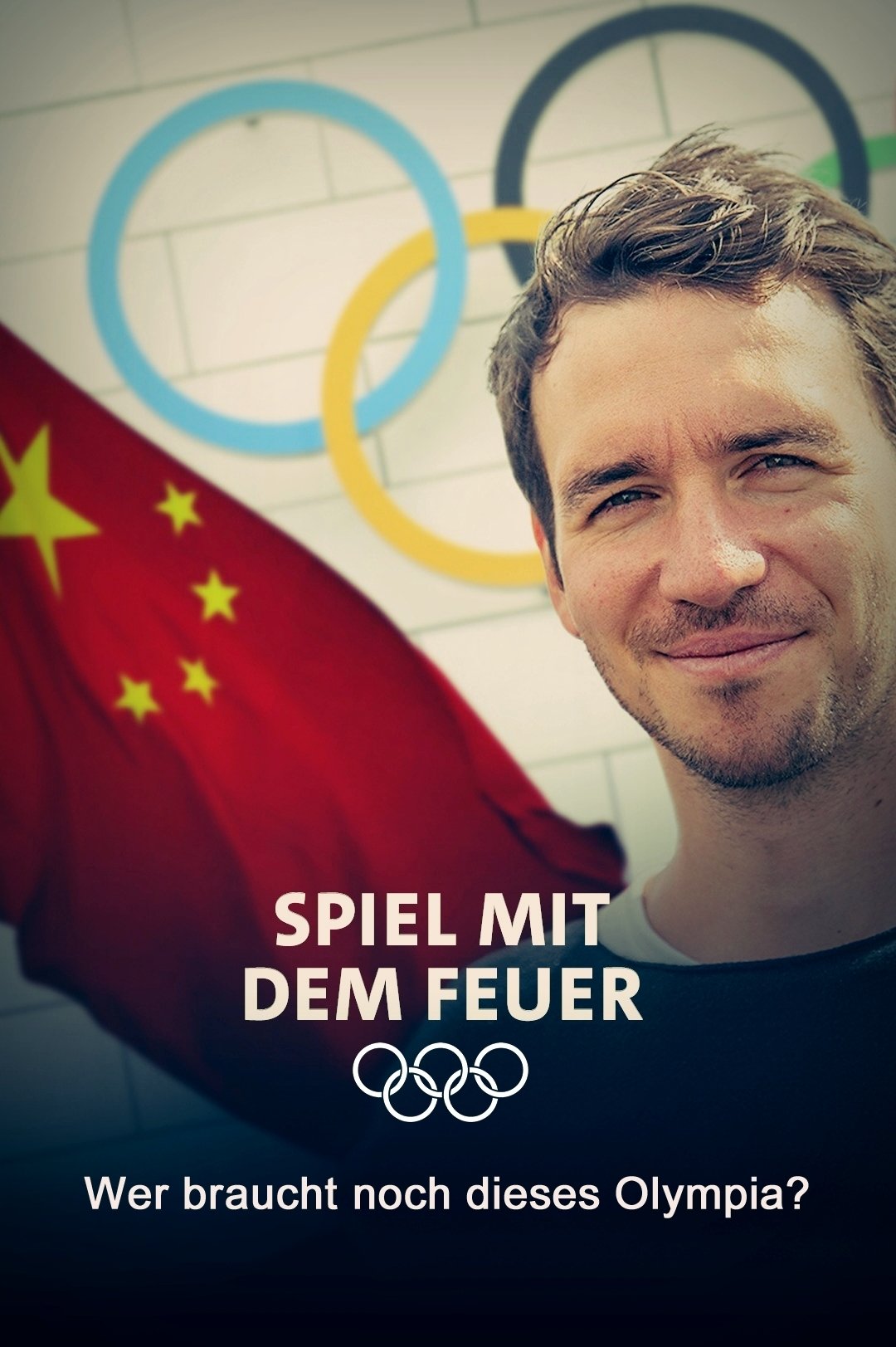
In the run-up, everything actually spoke against the Chinese capital...